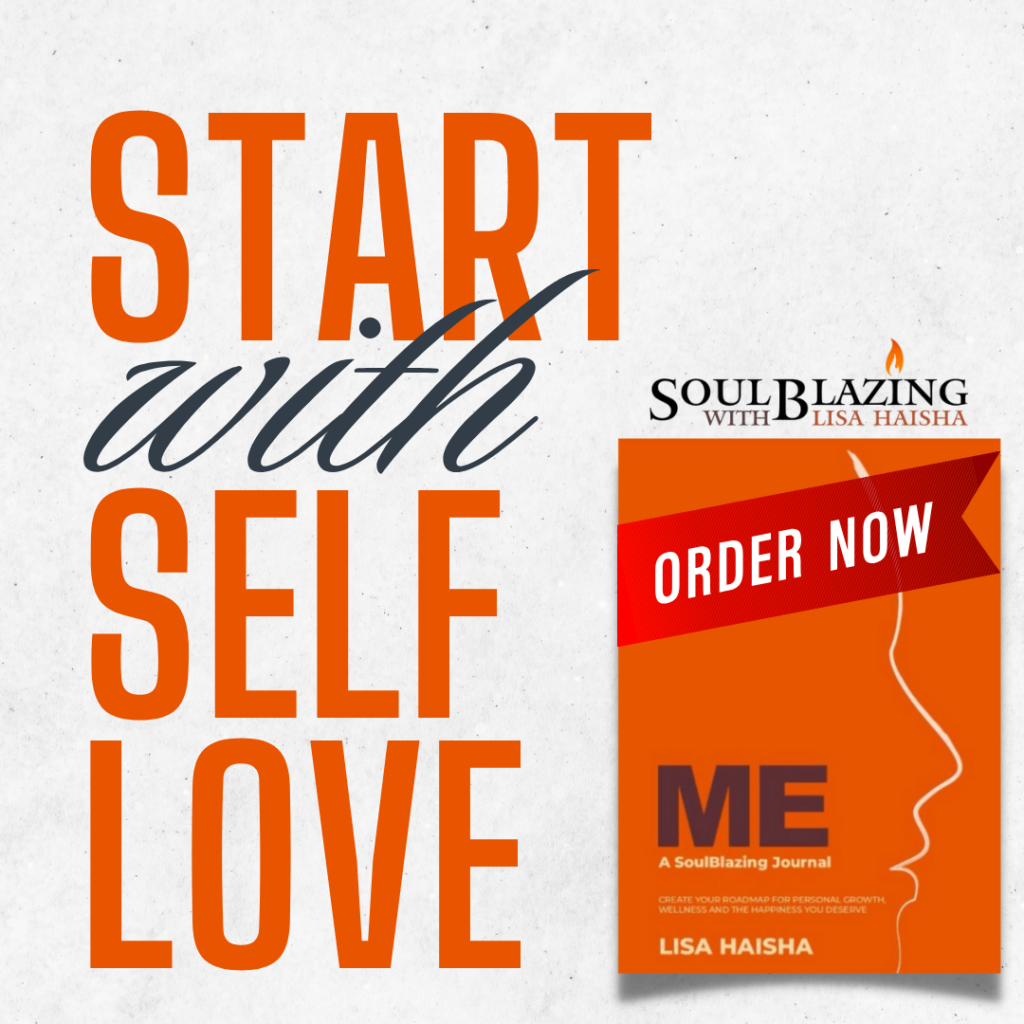If you’ve struggled with gratitude in the past, now is the perfect time to develop this life-changing attitude.
With the media frenzy so focused on consumerism this time of year, it’s easy to forget that the holidays are really about love and gratitude, not gift buying, nor gift receiving. It’s a time of year to show appreciation for others, to reflect on your life, and to get clear about what you want your future to be like. But with so many messages bombarding us to “buy, buy, buy” and to “show your love through expensive gifts,” it’s no wonder that gratefulness has gone out the window and many people end up feeling depressed, empty, and inadequate.
The cure for these “holiday blues” is the simple act of gratitude. In fact, research shows that adopting an attitude of gratitude — not just during the holidays but throughout the year — has numerous mental and physical health benefits. For example, scientists have shown that being grateful reduces stress, which in turn lowers your risk of heart disease and cancer. Adopting an attitude of gratitude also keeps you more optimistic, which researchers say boosts your immune function.
So how can you develop a habit to be grateful every day? Here are some suggestions to implement right away:
Keep a gratitude journal. Research shows that people who keep gratitude journals on a daily basis exercise more regularly, report fewer physical symptoms of illness, feel better about their lives as a whole, and maintain greater optimism about the future. Therefore, every morning open your gratitude journal and write your answer to this question: “What am I grateful for today?” Your answer doesn’t have to be complex. In fact, simple is often better, as in, “My baby’s smile,” “Hearing birds chirping outside the window,” or “Warm sheets on a cold morning.” Enjoy the feeling you get as you write your answers. Then, at the end of each day, open your journal again and write your answer to this question: “What did I do today that I can be proud of?” Your answer can be big, as in “Made a groundbreaking discovery in my field,” but more often it can be simpler, such as “Made a stranger smile,” “Gave food to a homeless person,” or “Called my mom.”
Express your gratitude to others. Whatever gratitude you feel, don’t keep it all to yourself. Let others know your feelings. For example, tell your friend how grateful you are that she’s in your life, thank your spouse for folding the laundry, or let the waiter know that you appreciate his excellent service. The great thing about gratitude is that it’s contagious. The more you express it, the stronger it grows in you and others, and it spreads from there.
Be an optimist, not a pessimist. Winston Churchill once commented, “The optimist sees the opportunity in every difficulty. The pessimist sees the difficulty in every opportunity.” What do you typically see? Of course it’s frustrating when your car won’t start in the morning, but thankfully you have a friendly neighbor who can drive you to work. Or, the server at the restaurant may have been rude, but you can be grateful that you were able to spend an evening out with your family enjoying a great meal. Every negative situation has a positive aspect too. By reframing your attitude to see the positive, you’re showing your gratitude for the little things in life.
If you’ve struggled with gratitude in the past, now is the perfect time to develop this life-changing attitude. Your emotional and physical health will benefit, as will your relationships with others. You’ll soon agree that living with daily gratitude is the best way to improve yourself and your life, and a superb way to ensure that this year is a year worth remembering.
This post was originally published on the now-closed HuffPost Contributor platform. View it here.






